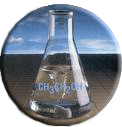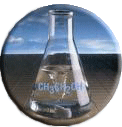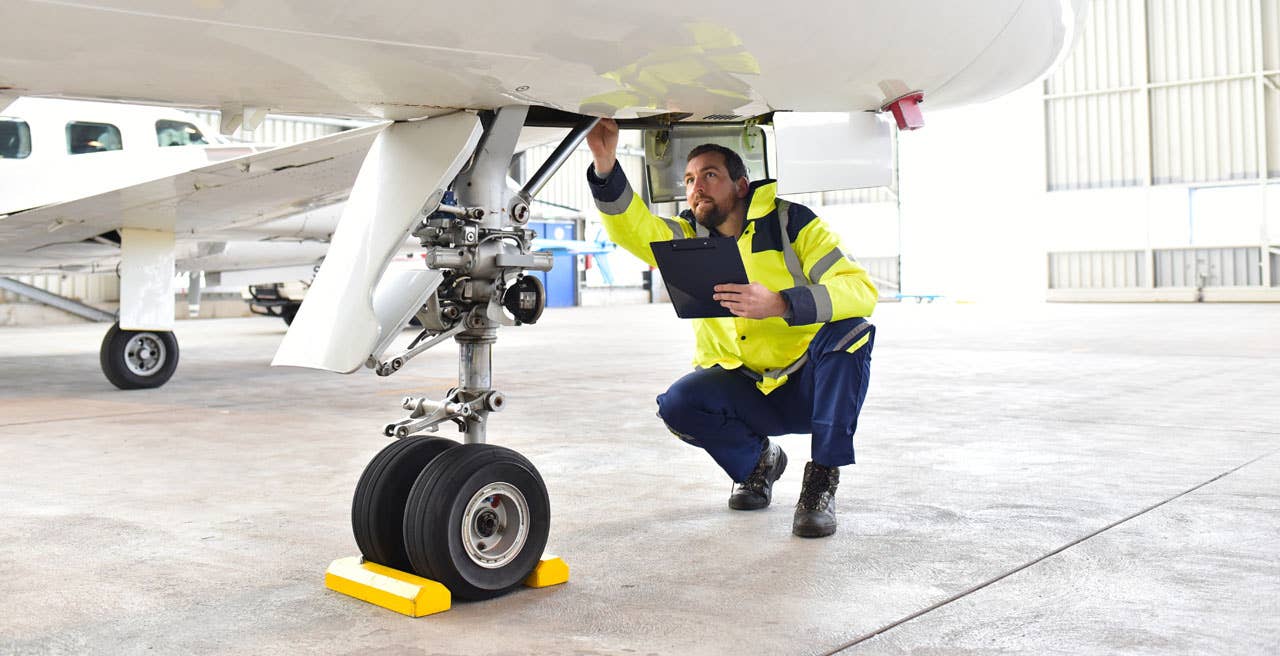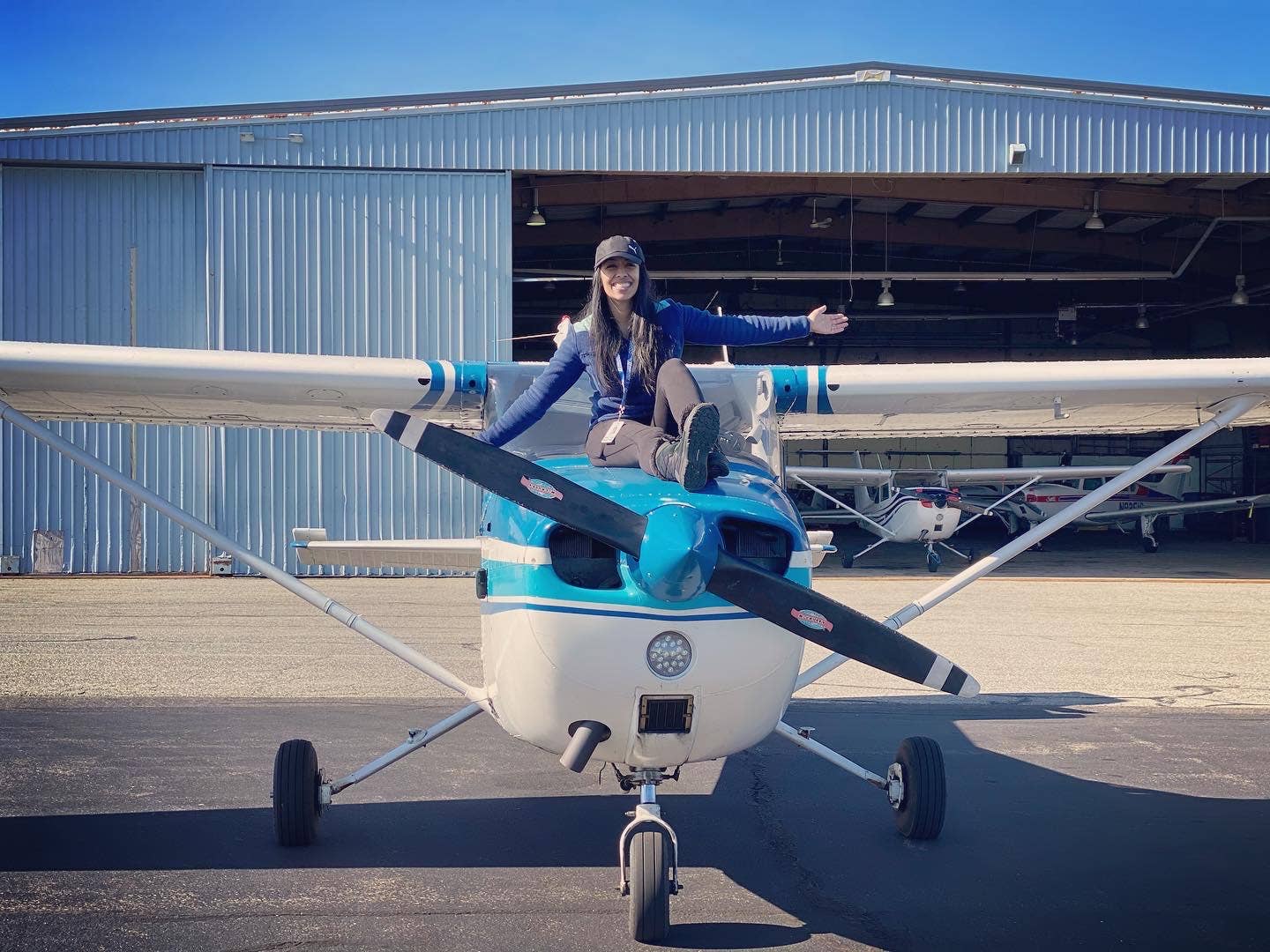Embry-Riddle Students Launch BioFuels Project
The Society of Aviation Technicians at Embry-Riddle Aeronautical University are testing the performance characteristics of biofuels used in aircraft engines. The tests will subject a four-cylinder Lycoming to E85 biofuel (an 85/15 ethanol/gasoline mix) to asses the fuel’s performance and its potential to reduce aircraft emissions and lower costs. Under controlled conditions, student researchers aim to discover and quantify specific performance values associated with use of the fuel. Ethanol is viewed by the Department of Energy as a top alternative to petroleum. As one of the few renewable energy sources that can directly replace gasoline, it may be the shortest route in cutting the cost of aviation fuel, said student Rick Cevallos, lead investigator in the project.

 The Society of Aviation Technicians at Embry-Riddle Aeronautical University are testing the performance characteristics of biofuels used in aircraft engines. The tests will subject a four-cylinder Lycoming to E85 biofuel (an 85/15 ethanol/gasoline mix) to asses the fuel's performance and its potential to reduce aircraft emissions and lower costs. Under controlled conditions, student researchers aim to discover and quantify specific performance values associated with use of the fuel. Ethanol is viewed by the Department of Energy as a top alternative to petroleum. As one of the few renewable energy sources that can directly replace gasoline, it may be the shortest route in cutting the cost of aviation fuel, said student Rick Cevallos, lead investigator in the project.
The Society of Aviation Technicians at Embry-Riddle Aeronautical University are testing the performance characteristics of biofuels used in aircraft engines. The tests will subject a four-cylinder Lycoming to E85 biofuel (an 85/15 ethanol/gasoline mix) to asses the fuel's performance and its potential to reduce aircraft emissions and lower costs. Under controlled conditions, student researchers aim to discover and quantify specific performance values associated with use of the fuel. Ethanol is viewed by the Department of Energy as a top alternative to petroleum. As one of the few renewable energy sources that can directly replace gasoline, it may be the shortest route in cutting the cost of aviation fuel, said student Rick Cevallos, lead investigator in the project.
Sensitive to land use and food supply issues that complicate the practical use of corn as the sole supplier of ethanol, students will also be testing the performance of fuels derived from other biomass forms like cellulose and hemicellulose, which makes up a high percentage of most other plants.






